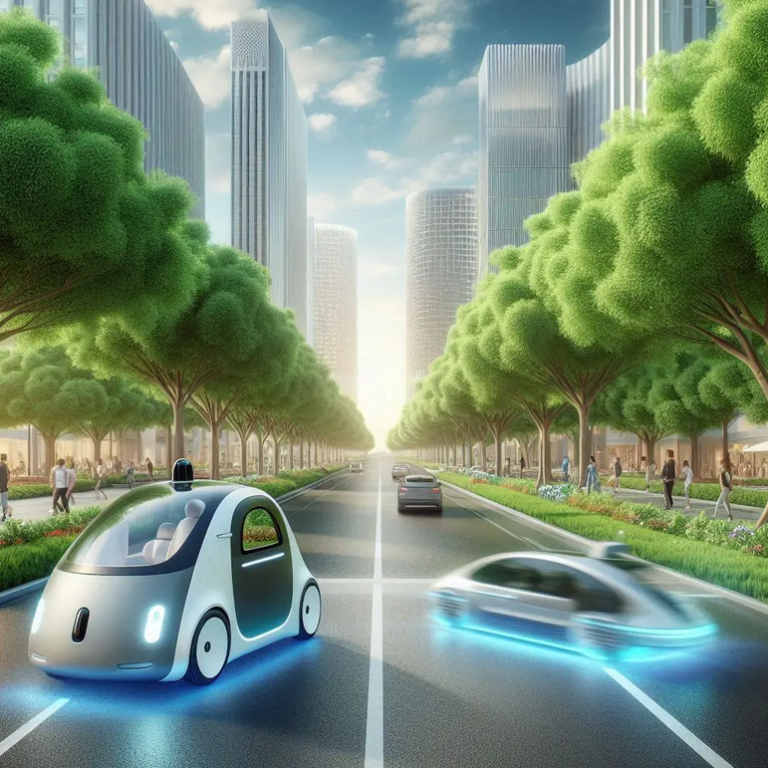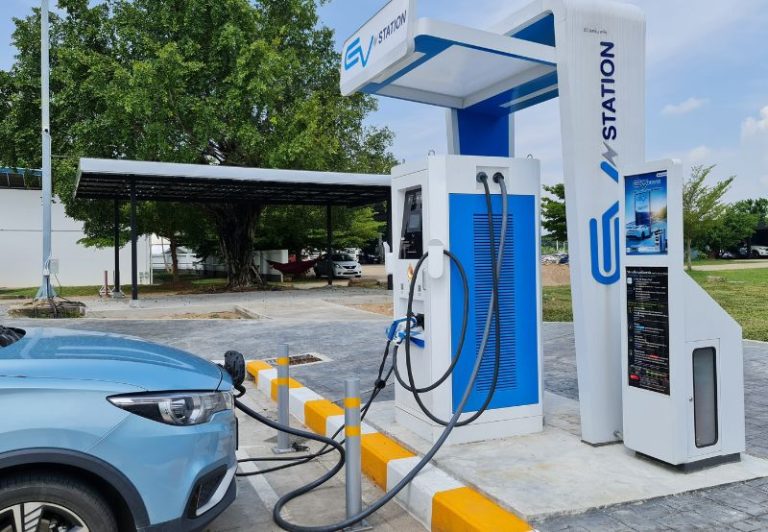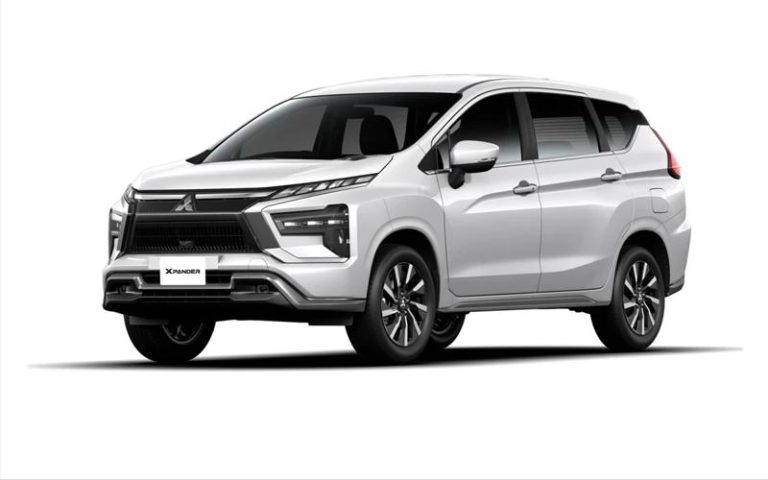
The advent of self-driving cars marks a pivotal moment in technological advancement, poised to revolutionize the transportation industry and society at large. This comprehensive exploration delves into the multifaceted aspects of autonomous vehicles, encompassing their technological framework, societal implications, regulatory challenges, and future prospects. Through an authoritative and academic lens, this article aims to elucidate the intricate dynamics shaping the future of self-driving cars.
Technological Framework of Self-Driving Cars
Self-driving cars operate on a sophisticated amalgamation of sensors, algorithms, and artificial intelligence (AI). At the core of this technology lies a combination of hardware and software systems designed to perceive the environment, make decisions, and execute driving tasks autonomously.
Sensor Technology
The sensory apparatus of self-driving cars is akin to the human sensory system, albeit with superior precision and reliability. Key sensors include:
- LIDAR (Light Detection and Ranging): Utilizes laser pulses to create high-resolution 3D maps of the surroundings.
- Radar: Employs radio waves to detect the speed and distance of objects, crucial for adaptive cruise control and collision avoidance.
- Cameras: Capture visual information, enabling object recognition and lane detection through computer vision.
- Ultrasonic Sensors: Used for close-range detection, aiding in parking and maneuvering in tight spaces.
Artificial Intelligence and Machine Learning
AI and machine learning algorithms constitute the cerebral cortex of self-driving cars. These algorithms process the data collected by sensors to make real-time driving decisions. Key components include:
- Perception: Identifying and classifying objects in the vehicle’s environment.
- Planning: Determining the optimal path and speed to navigate safely and efficiently.
- Control: Executing the driving commands, such as steering, accelerating, and braking.
Deep learning techniques, particularly convolutional neural networks (CNNs), are instrumental in enhancing the accuracy and robustness of these algorithms.
Societal Implications
The integration of self-driving cars into society heralds profound changes across various domains. From economic impacts to social equity, the ripple effects are extensive and multifaceted.
Economic Impact
Self-driving cars are poised to disrupt numerous industries, creating new opportunities while rendering certain jobs obsolete. Key economic implications include:
- Job Displacement and Creation: While the transportation sector may witness job losses among drivers, new roles in AI development, cybersecurity, and vehicle maintenance are likely to emerge.
- Cost Reduction: Autonomous vehicles can significantly reduce transportation costs by optimizing fuel efficiency and minimizing accidents.
- Urban Planning and Infrastructure: The widespread adoption of self-driving cars necessitates the redesign of urban infrastructure, including smart traffic management systems and dedicated lanes for autonomous vehicles.
Social Equity
The advent of self-driving cars presents both opportunities and challenges in terms of social equity. Potential benefits include:
- Accessibility: Autonomous vehicles can enhance mobility for individuals with disabilities and the elderly, fostering greater independence.
- Safety: By minimizing human error, self-driving cars have the potential to reduce traffic accidents and fatalities significantly.
However, concerns regarding equitable access to this technology must be addressed to prevent exacerbating existing social disparities.
Regulatory Challenges
The regulatory landscape for self-driving cars is complex and evolving. Policymakers face the daunting task of balancing innovation with public safety and ethical considerations.
Safety Standards and Testing
Establishing rigorous safety standards is paramount to gaining public trust in self-driving cars. Regulatory bodies must develop comprehensive testing protocols to evaluate the performance and reliability of autonomous vehicles under diverse conditions.
Ethical and Legal Considerations
Self-driving cars introduce novel ethical dilemmas, particularly in scenarios involving unavoidable accidents. Key ethical considerations include:
- Decision-Making in Crises: Algorithms must be programmed to make ethical decisions in critical situations, raising questions about the prioritization of lives.
- Liability and Accountability: Determining liability in accidents involving self-driving cars is a complex legal challenge, necessitating clear guidelines on the responsibilities of manufacturers, software developers, and vehicle owners.
Data Privacy and Security
The reliance on data for the operation of self-driving cars underscores the importance of robust data privacy and cybersecurity measures. Ensuring the protection of personal data and safeguarding against cyberattacks are critical regulatory priorities.
Future Prospects
The trajectory of self-driving cars is shaped by continuous technological advancements, evolving societal needs, and dynamic regulatory frameworks. Several trends and innovations are poised to influence the future landscape of autonomous vehicles.
Technological Innovations
Emerging technologies are set to enhance the capabilities and adoption of self-driving cars. Notable innovations include:
- 5G Connectivity: The advent of 5G technology will enable faster and more reliable communication between vehicles and infrastructure, facilitating real-time data exchange and improving the performance of autonomous systems.
- Edge Computing: Processing data at the edge, closer to the vehicle, can reduce latency and enhance the responsiveness of self-driving cars.
- Quantum Computing: Quantum computing holds the potential to revolutionize AI and machine learning, accelerating the development of more sophisticated autonomous systems.
Environmental Impact
Self-driving cars have the potential to contribute to environmental sustainability. Key environmental benefits include:
- Reduced Emissions: Autonomous vehicles can optimize fuel consumption and reduce emissions through efficient driving patterns and the integration of electric powertrains.
- Smart Transportation Systems: The implementation of smart transportation systems, including coordinated traffic management and ride-sharing, can alleviate congestion and minimize the environmental footprint of transportation.
Societal Acceptance and Adoption
The widespread adoption of self-driving cars hinges on societal acceptance and trust. Building public confidence through transparent communication, rigorous safety testing, and addressing ethical concerns is crucial to fostering acceptance.
Conclusion
The journey towards the widespread adoption of self-driving cars is a complex and multifaceted endeavor. It encompasses technological innovation, societal transformation, regulatory adaptation, and ethical deliberation. As we navigate this transformative era, the promise of self-driving cars to enhance mobility, safety, and sustainability remains a compelling vision. By addressing the challenges and seizing the opportunities, we can usher in a future where autonomous vehicles become an integral part of our daily lives, driving us towards a more connected, efficient, and equitable world.





